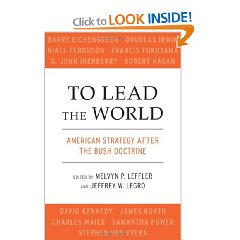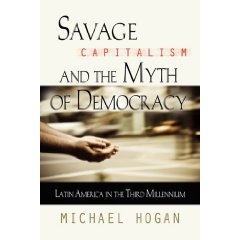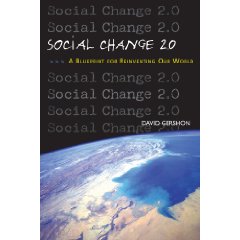
Reviewed by BookList
Jack Hogan and Buzz Rucci are a couple of buddies in the modern U.S. Navy. They signed up to risk their lives defending their country, but instead they’re risking their sanity playing at war in a series of military maneuvers and preparedness exercises. They are “bathtub admirals,” performing meaningless exercises in the name of global peace . . . or something like that. In the spirit of Phillip Jennings’ recent Nam-A-Rama (2005), or Joseph Heller’s classic Catch-22 (to which Huber makes a brief reference, acknowledging his novel’s pedigree), this is a witty, wacky, wildly outrageous novel that skewers just about anything you’d care to name, from military budgets to political machinations to America’s success as the self-appointed guardian of the world. Considering that Huber, a career navy man, has mostly written for military publications and Web sites (although he has turned out some short satirical pieces), and especially considering that this is his first novel, it is a remarkably accomplished book, striking just the right balance between ridicule and insight. –David Pitt
Jeff Huber's Joint Coalition Blog
About the Author:
Commander Jeff Huber, U.S. Navy (Retired) commanded an E-2C Hawkeye squadron and was operations officer of a Navy air wing and an aircraft carrier. Jeff's essays have been required reading at the U.S. Naval War College where he earned a master of arts degree in neoconservative studies in 1995. His satires on military and foreign policy affairs appear at Military.com, Antiwar.com, Aviation Week and Pen and Sword. Jeff's novel Bathtub Admirals, a lampoon of America's rise to global dominance, is on sale now.







